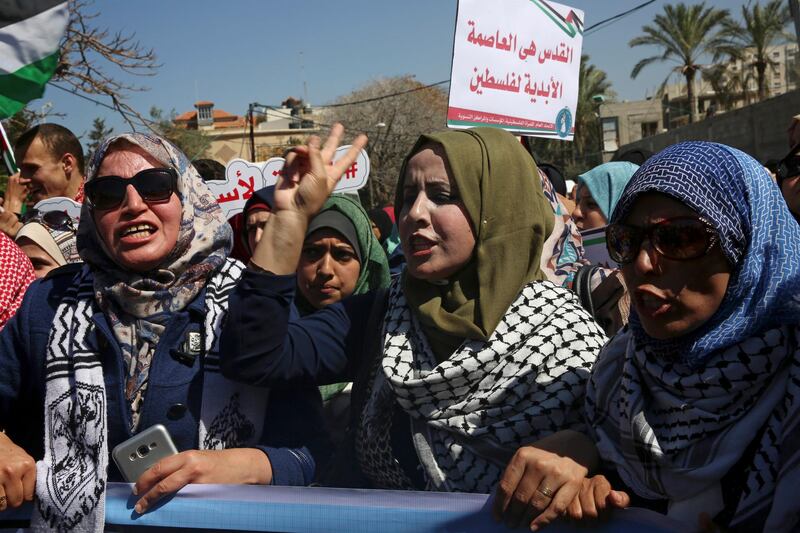When women are included in peace talks and conflict resolution, studies have shown the ensuing agreement is 64 per cent more likely to succeed. The importance of their contribution has been enshrined by the UN in Resolution 1325, which states that women's involvement increases the chances of a sustainable and long-lasting peace. Yet despite this critical role, women are notable in peace negotiations only by their absence and are rarely encouraged or invited to join the table, let alone have their say in finding peaceful solutions. Muna Luqman, co-founder of the Women Solidarity Network and a survivor of the bombing of Taez in Yemen, has pointed to the absurdity of this situation. She has accused both sides of the war in Yemen of being "gender-blind". Houthi women are ready to participate in talks to end the four-year war but have been rebuffed by those who foolishly think they have no place at the table. "We are frustrated because women's role in peacebuilding continues to be ridiculed and women, who are the real peacemakers, continue to be excluded in the ceasefire process," she said. Talks between the mostly male delegates from the internationally recognised Yemen government and Houthi rebels have repeatedly stalled. In Geneva last year, the UN-led talks collapsed when the Houthis failed to show. Four months after the signing in Stockholm of a pledge to find a peaceful solution and following a prisoner swap, any real action has yet to materialise. Yet it is women and their children who are worst affected by conflict. In the Yemen war, they are being displaced or facing starvation and shortages of fuel and power. They are involved in a constant battle to protect their families but their contributions and survival instincts often go unrecognised. There is currently only one woman at the negotiation table, Rana Ghanem, who is part of the government delegation. She is under intense pressure to represent all women as well as speaking up for minority groups that do not have a say – an impossible task for one person alone.
But this problem is not unique to Yemen. Women are struggling to make their voices heard at peace talks across the world. Syrian women were absent from the Astana talks and even at the UN-led Geneva negotiations, they only made up a small contingent. In Afghanistan, there are fears that the exclusion of female participants in US talks with the Taliban will give their former oppressors a free pass to trample on their rights. Between 1996 and 2001, the Taliban denied women and girls basic rights such as going to work and school or being able to move freely.
Such a stifling regime cannot be allowed to thrive again. As Ms Luqman told the UN Security Council, excluding women from talks means half the population goes unrepresented and peace efforts are much less likely to succeed. Including them at the table benefits everyone, as there is a greater chance of achieving a long-term, lasting peace.





